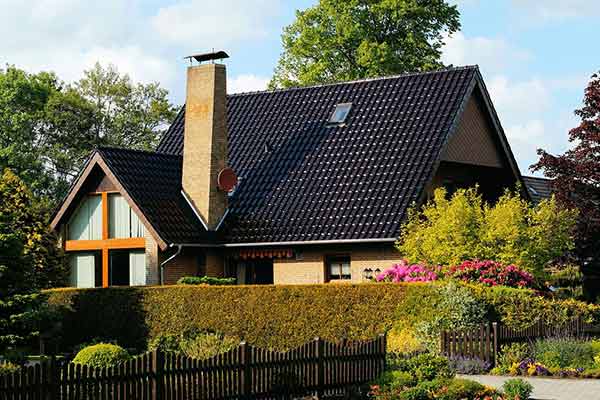In the context of an estate or a real estate investment, the dismemberment has advantages. Discover the advantages of the dismemberment of property in terms of the transmission of real estate assets. What are the benefits for the descendants? Everything you need to know about real estate dismemberment in terms of taxation.
Summary
What is a real estate dismemberment?
We call real estate dismemberment separating the usufruct (the collection of income from the property) with bare ownership (the enjoyment of the good). And this, until the end of the usufruct, that is to say when the usufructuary dies. The property is then returned as of right to the bare owner, who then becomes the owner.
This dismemberment represents a good device for transmitting heritage to his heirs without making them pay too high inheritance tax. Indeed, the bare owner is not subject to the succession because he finds the right of the usufructuary.
Even if the dismemberment primarily concerns real estate such as a house, apartment or building, it may also apply to securities (securities portfolio, life insurance, money in a current account, etc.). These are specific cases since the usufructuary does not have the possibility of enjoying the good without consuming it. We are talking about quasi-usufruct.
The interest of a real estate dismemberment
This device allows » calmly anticipate the transmission of heritage. Thanks to real estate dismemberment, you keep the enjoyment of your property, and in particular the collection of rental income.
With regard to taxation, since 1er January 2018 and the new tax on real estate wealth, usufructuary and bare owner must each declare the value of their rights to the property in the event of inheritance. Children who inherit bare ownership of real estate must take the value of the property into account when declaring their real estate assets unless:
- the usufructuary parent has collected this usufruct as an inheritance or gift;
- the parents gave bare ownership of goods to their children during their lifetime. In this case, they alone declare the value of the property.
The age of the usufructuary must also be taken into account in the tax calculation of bare ownership.
Bare ownership tax scale table
| Age of the usufructuary | Tax value of bare ownership |
| Over 91 years old | 90% of full ownership |
| 81 to 90 years old | 80% of full ownership |
| 71 to 80 years old | 70% of full ownership |
| 61 to 70 years old | 60% of full ownership |
| 51 to 60 years old | 50% of full ownership |
| 41 to 50 years old | 40% of full ownership |
| 31 to 40 years old | 30% of full ownership |
| From 21 to 30 years old | 20% of full ownership |
| Under 20 | 10% of full ownership |
When to dismember a property?
Dismemberment can take place at two different stages:
- upon purchase of the property. It can be a temporary or life dismemberment. This solution can be used in a family context as well as for simple associates;
- in possession of the property. It is the life dismemberment that applies automatically. The family property will be passed on to the descendants. The children will not own the property until the parent dies.
Namely, to easily manage a dismemberment between parents and children, the real estate company or SCI represents a good solution.




